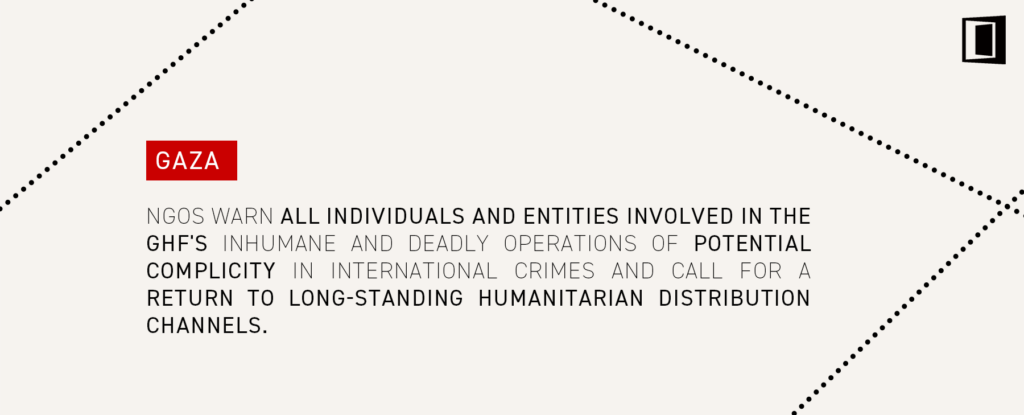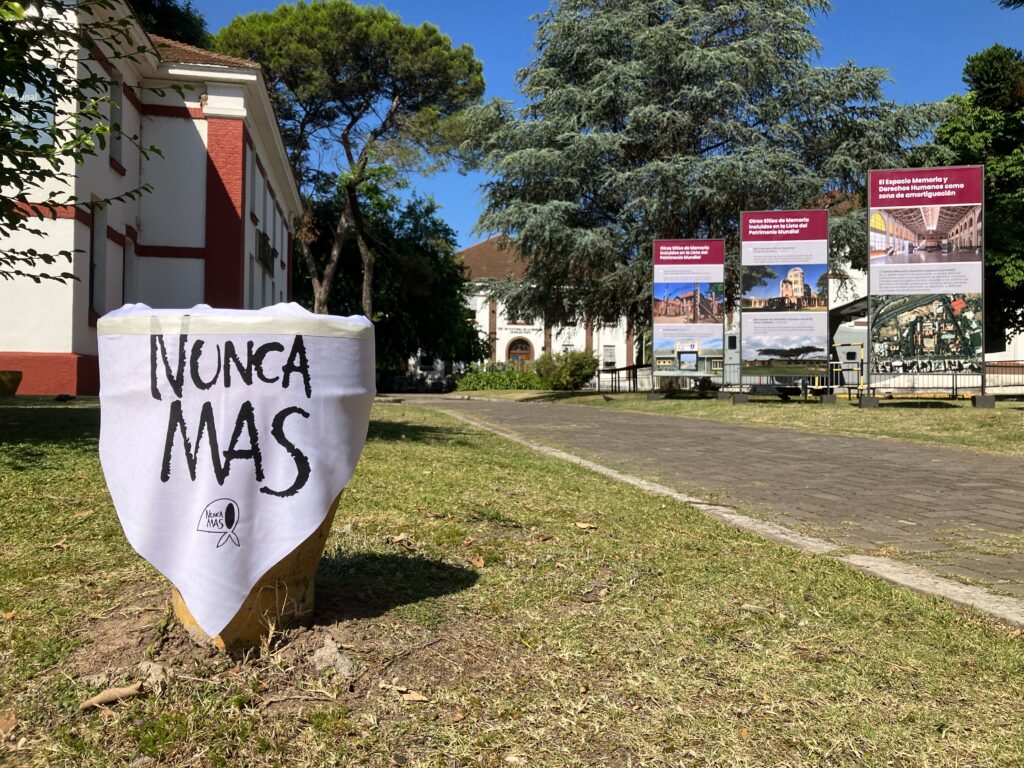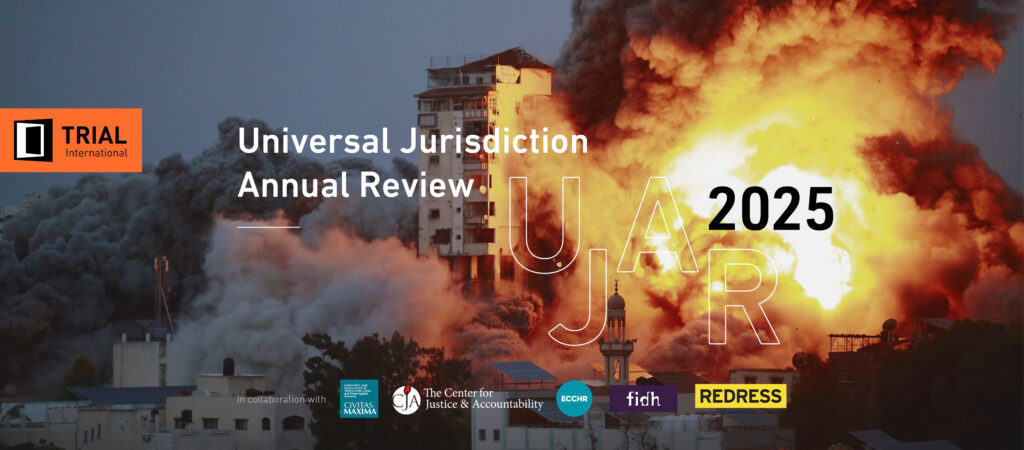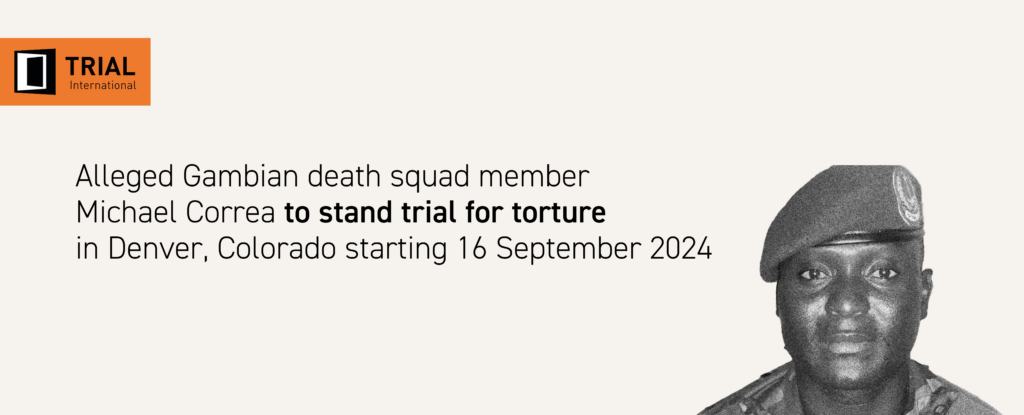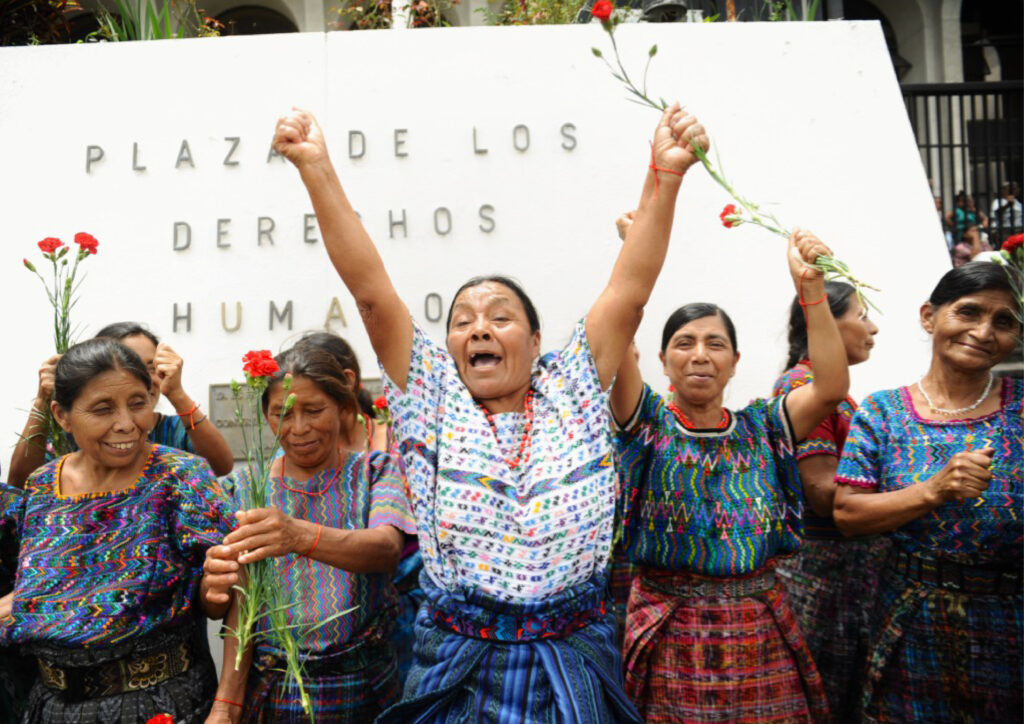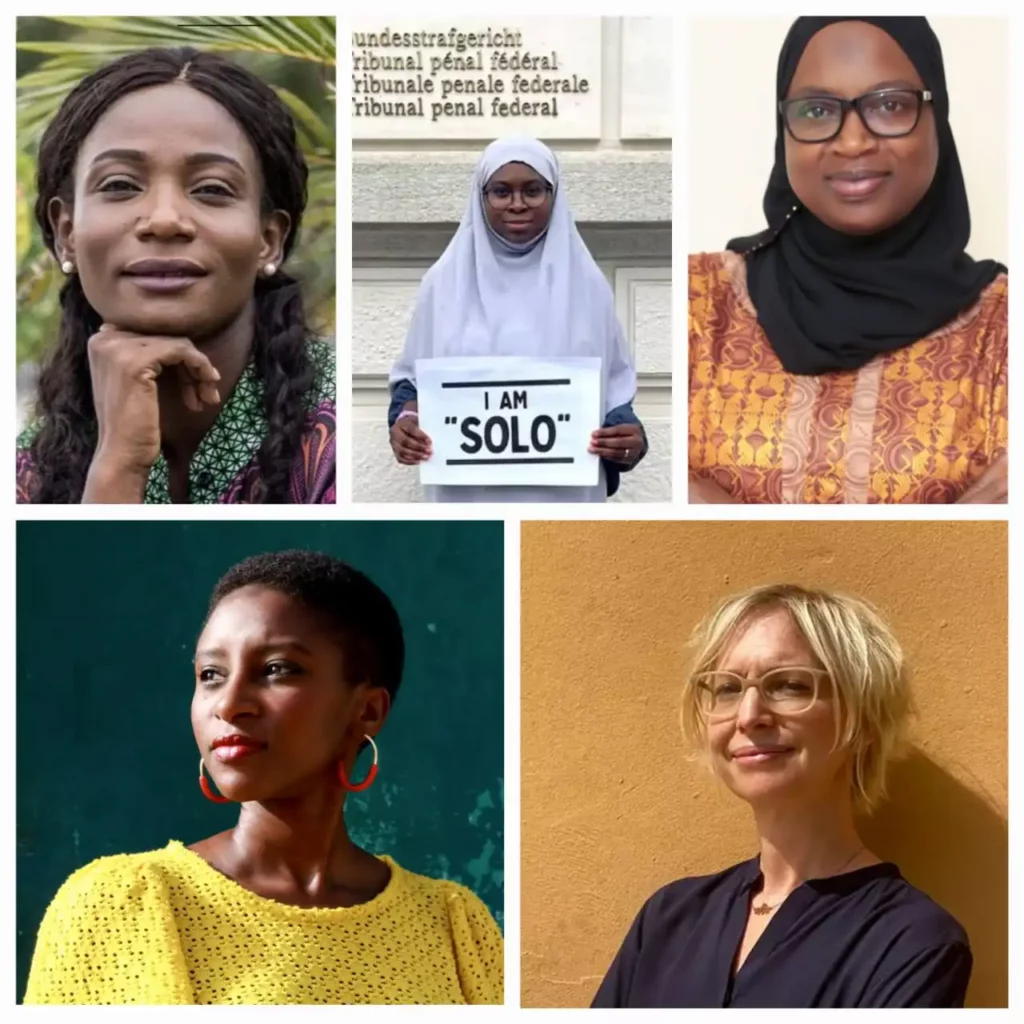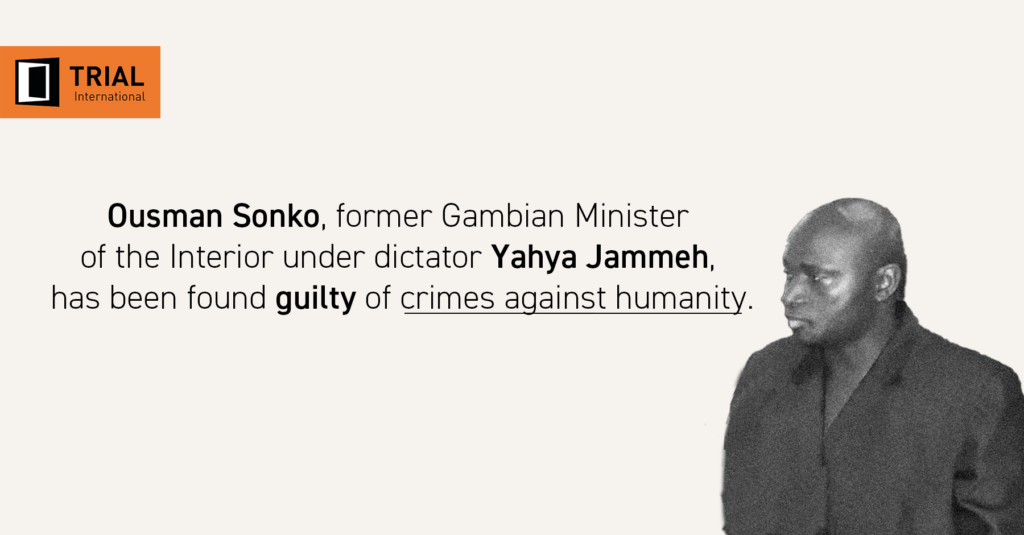Complementarity is the future of NGOs in the fight against impunity
An op-ed by Philip Grant
In the fight against impunity, NGOs have a fundamentally different, and often complementary role to that of institutional or academic actors. How does this complementarity work? And what does it mean for victims’ rights to justice, truth and reparations?
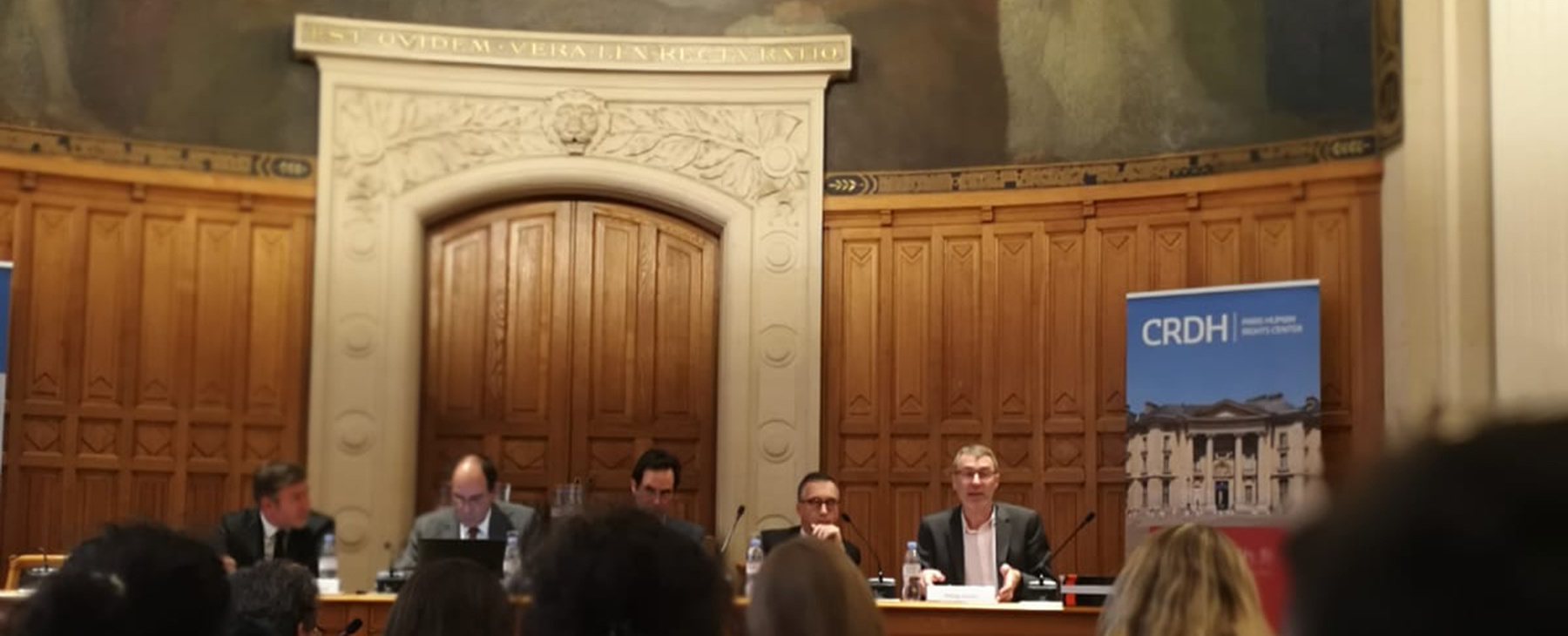
Civil society undeniably plays an important and growing role in the fight against impunity, from denouncing crimes to creating and improving legal frameworks for prosecution and mobilizing the public against the authorities’ inaction. Paradoxically, given they operate on budgets well below those of the “official” actors of international justice, NGOs also have more varied and numerous avenues for action. Here is a brief review.
Gathering evidence and testing alternative procedures
Firstly, let’s examine the role of NGOs in the constitution of cases. In recent years, a new category of non-state actors has emerged, specializing in the gathering of evidence, the documentation of crimes, the collection of testimonies, or even the location of suspects.
The NGO eyeWitness, with whom TRIAL International collaborates, has, for example, developed a smartphone app to record evidence of crimes, all the while ensuring their traceability and admissibility in court.
Secondly, NGOs have the flexibility to draw upon the complementary nature of the legal means of action themselves. The fight against international crimes is not always best served by traditional criminal trials. Civil, administrative or constitutional procedures may be more effective, or simply be the only ones available.
By way of example, think of the administrative customs dispute over the delivery of dual-use goods. The export of suspect chemical components to Syria, despite the international embargo on such components, is a recent case in point.
The rise of universal jurisdiction
The third axis in which NGOs play a great role is the triggering of new domestic cases through universal jurisdiction. This principle has received renewed attention in recent years, mainly as a result of the international community’s inability to provide the slightest judicial response to the horrors committed in Syria. Our Universal Jurisdiction Annual Review (UJAR) lists, for 2018 alone, 150 investigations and 17 trials based on this principle.
In the majority of these cases, it was NGOs that tracked down the suspects, investigated the cases, reported them to the authorities, and often defended the victims at trial. It is not wrong to assert that, without NGOs, universal jurisdiction would have remained an interesting legal concept, whereas today it is one of the greatest legal instruments in the fight against impunity.
Beyond criminal trials
The last axis, perhaps the least developed so far, concerns the complementarity of the different legal claims made by the victims. The fight against impunity is very widely perceived through the prism of criminal trials alone. However, in their interactions with victims, NGOs must frequently meet their expectations in more subtle manners.
Affected persons may well prefer, temporarily or permanently, not to take part in the criminal process… without renouncing their other claims such as truth, reparations, and protection against future violations. NGOs are arguably the first, often with the support of the academic world, to try to promote the extension of the scope of the fight against impunity to legal claims other than the sole right to criminal justice. TRIAL International, for example, is fighting to advance the right to reparations. This is often a neglected but very important aspect for victims, which goes beyond compensation.
We should also think about opening up a new range of action, rarely addressed as yet, aimed at preventing the promotion of a soldier suspected of violations, or at punishing a judge or doctor covering up acts of torture or enforced disappearances.
There are so many other ways of intervening, from public denunciations to amicus curiae, that it would be tedious to go through them all. Suffice it to recall here that NGOs, in the field of combating impunity, work at many levels other than just that of actual cases. Without this fundamental work, it is clear that international criminal justice would be far less effective than it is today.
This op-ed is excerpted from Philip Grant‘s presentation at the Fifth Days of International Criminal Justice at the Université Panthéon-Assas (Paris) on 31 January 2020.

